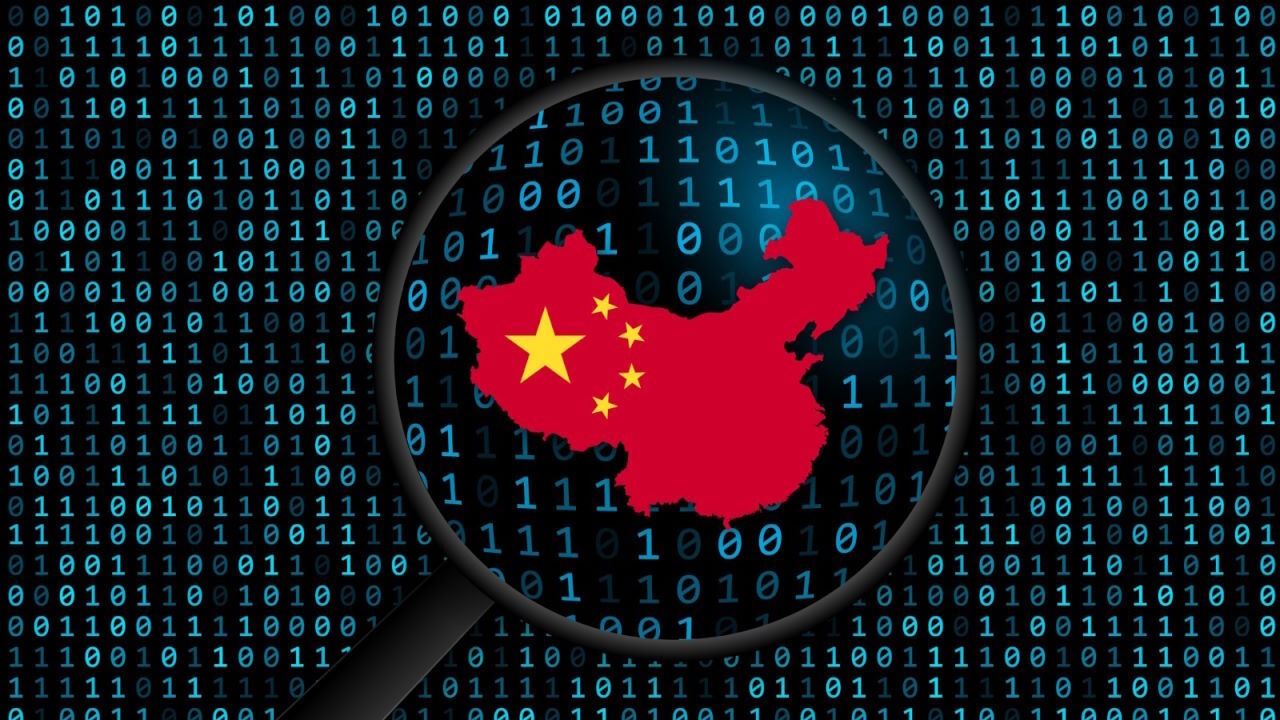By Vaishali Basu Sharma
Beijing-based start-up Betavolt Technology claims to have developed a battery that “could enable devices like smartphones to operate indefinitely without recharging or drones to fly without landing.”
The company’s website claims that the ‘nuclear-powered BV100’, which is smaller than a coin, can provide power for 50 years without the need for recharging. The prototype battery harnesses energy released by nuclear isotopes and uses semiconductors to convert that energy into electrical power.
With a power output of 100 microwatts and 3 volts, the tiny 15 x 15 x 5mm battery, which can withstand temperatures of 120 to minus 60 degrees Celsius, could be used in military applications like continuously flying drones or for deep-sea monitoring devices, aside from general civilian use.
China plans mass production of the nuclear-powered battery by year-end.
Established in April 2021, China’s Betavolt New Energy Technology Company Ltd claims that it is the world’s first battery to achieve the miniaturization of atomic energy.
Capturing energy from the nuclear decay of radioactive elements, isotope technology is the foundation for Chinese company Betavolt’s BV100 battery.
This battery, which can be classified as ‘Betavoltaic,’ is a form of nuclear technology that utilizes the decay energy of β-emitting radioisotopes to produce electrical power. Isotopes emit radiation, leading to more stable new atoms, and the electric current is directly generated from the beta particles.
It must be noted that because of advantages like high energy density, long service life, strong anti-interference ability, small size, lightweight, easy miniaturization, and integration, Betavoltaic batteries have become a research hotspot in the field of microenergy.
However, to date, the low energy conversion efficiencies and technological limitations of betavoltaic batteries have impeded their further application.
Correlated with the half-life of the isotope used as its energy source, the Beijing-based Betavolt BV100 battery’s lifespan is claimed to be 50 years because it uses nickel-63 as its radiation source, which has a half-life exceeding 100 years.
In its press release, the company said, “Betavolt atomic energy batteries can meet the needs of long-lasting power supply in multiple scenarios, such as aerospace, AI equipment, medical equipment, microprocessors, advanced sensors, small drones, and micro-robots.” Betavolt said its first nuclear battery could deliver 100 microwatts of power and a voltage of 3V and also plans to produce a battery with 1 watt of power by 2025.
Betavoltaic batteries have been the subject of considerable research attention in the past few years because of their long shelf life, high specific energy density, and ability to work under extreme conditions. However, the application of betavoltaic batteries was restricted because the research faced problems like the self-absorption effect, low energy conversion efficiency, and severe radiation damage.
CityLabs, a company in the United States, has been developing betavoltaic batteries using tritium isotopes since 2010. Their nuclear batteries are not widely available to consumers and only supply electricity for low-power devices in the nanowatt to microwatt range, which can be extended to milliwatts.
According to Zhang Shixu, an associate professor from the School of Nuclear Science and Technology at Lanzhou University in northwest China, “Tritium is safer since its radiation is easily blocked. Some pacemakers also use tritium as a radiation source. Even if it leaks, it can be quickly excreted from the body through human metabolism. By comparison, nickel-63, used in the BV100, emits stronger radiation.”
But Beijing-based Betavolt New Energy Technology Company Ltd’s researchers have claimed to address these concerns, stating the battery is safe as it has no external radiation and is suitable for medical devices inside the human body, like pacemakers and cochlear implants.
“Atomic energy batteries are environmentally friendly. After the decay period, the 63 isotopes turn into a stable isotope of copper, which is non-radioactive and does not pose any environmental threat or pollution.”
Additionally, for an actual nuclear battery, the component and density of the source would be changed because the radiation source decays continually, which leads to a decline in electrical performance. As per researchers at Betavolt, “We plan to record and recycle each battery after we start to sell the product. Also, the nickel-63 decays into non-radioactive copper-63, posing no pollution threat.”

Semiconductor plays an important role in tapping or converting the energy of the β particles into electrical energy, and Beetavolt New Energy Technology Company Ltd claims to be the only firm in the world capable of doping and manufacturing large-scale diamond semiconductor materials, a key component in making nuclear batteries.
It is known from basic physics that radioactive materials are denser energy materials and radiate naturally. Across the world, nuclear power plants produce nuclear waste. They decay over years, and some nuclear materials have their half-life until thousands of years
For the past several decades, researchers have been trying to harness the decay energy of radioactive materials to develop batteries that can last until the radioactive reaction continues. Nevertheless, the canon of research on this topic was scarce.
As such, it is interesting to note that despite significant impediments in fine-tuning betavoltaic battery research, China’s new startup claims to have overcome several impediments to realizing high energy conversion efficiency and maximum power density.
- Vaishali Basu Sharma is an analyst of strategic and economic affairs. She was in a consulting role with India’s National Security Council Secretariat (NSCS) for nearly a decade. She is presently associated with the New Delhi-based think tank Policy Perspectives Foundation.
- The author can be reached at postvaishali (at) gmail (dot) com.